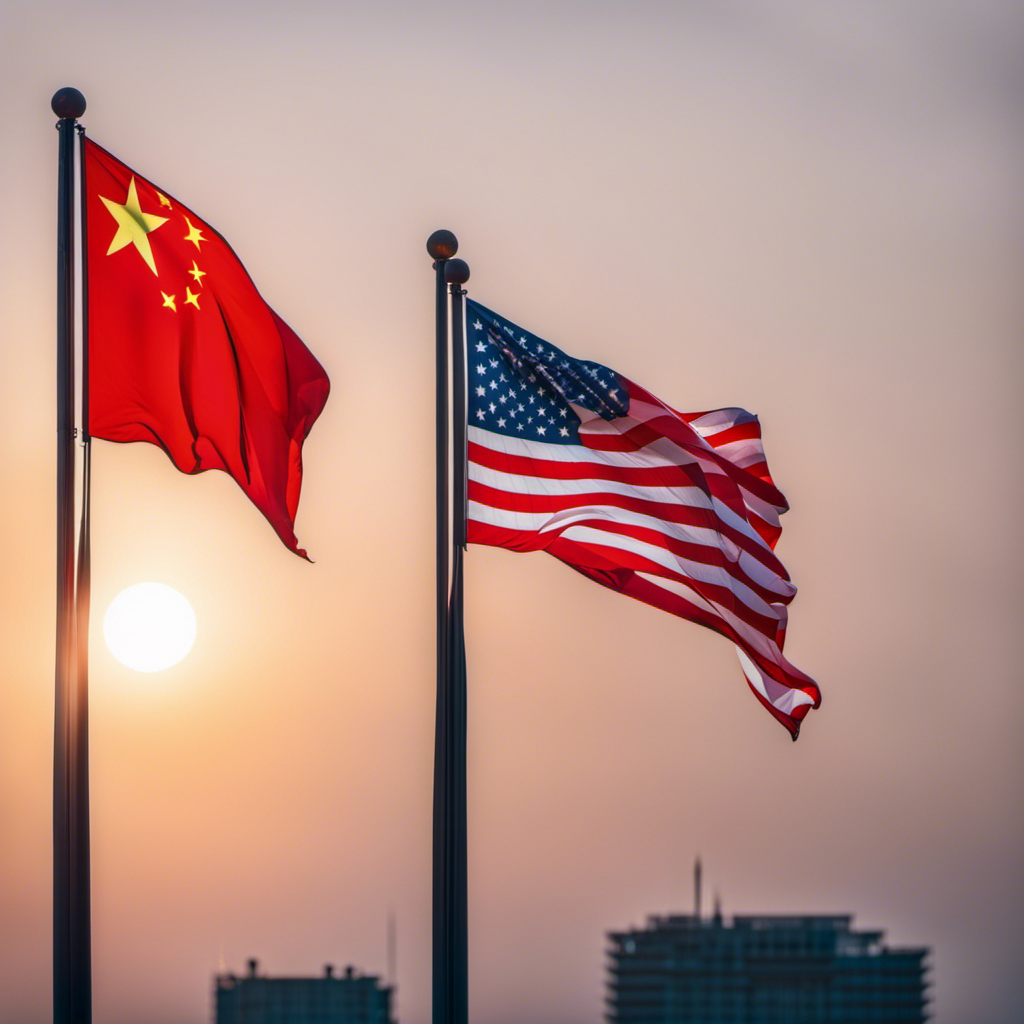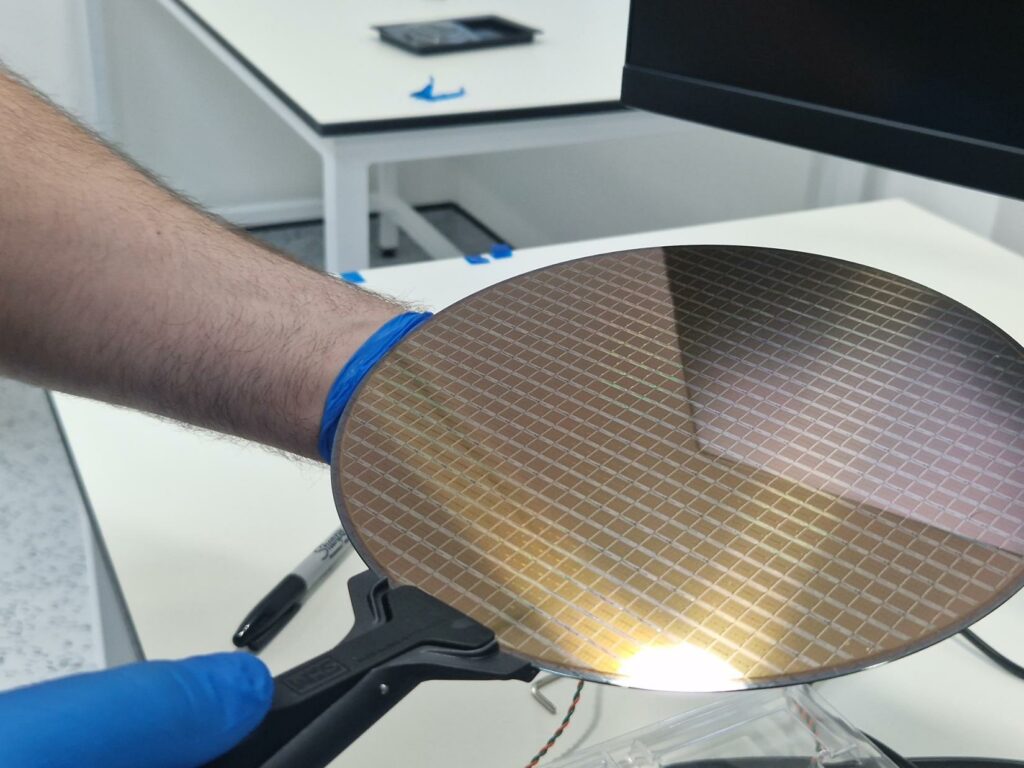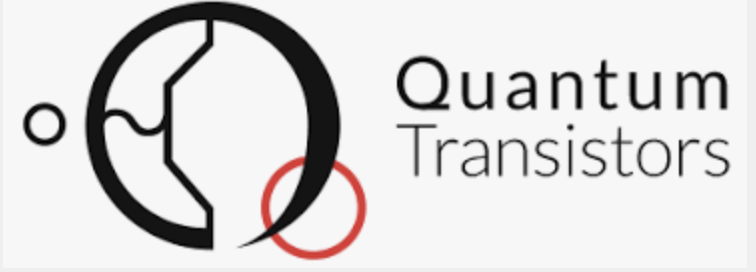Insider Brief
- The China Power Podcast interviews a leading scientist about China’s quantum advances.
- Dr. Edward Parker, a physical scientist at the RAND Corporation, provided insights into China’s ambitions and progress in quantum tech fields, including quantum computing, quantum communications and quantum sensing.
- Dr. Parker notes comparing China and USA advances is nuanced and hard to accurately measure.
In a recent episode of The China Power Podcast, Dr. Edward Parker, a physical scientist at the RAND Corporation, discussed China’s advancements in quantum technologies. Quantum technology encompasses quantum computing, quantum communications and quantum sensing.
Dr. Parker provided insights into China’s ambitions and progress in these areas during the interview.
Understanding Quantum Technology
Quantum technology relies on the behaviors of atomic and subatomic particles to collect, process, or transmit information. It encompasses three main applications: quantum computing, quantum communications, and quantum sensing.
Dr. Parker explained these applications as follows:

- Quantum Computing: Quantum computers operate on principles different from traditional computers and have the potential to solve certain math problems much faster. While quantum computers are not yet fully developed, their applications include drug discovery, scientific modeling, logistics and artificial intelligence.
- Quantum Communications: Quantum communications allow ultra-secure transmission of information that is difficult to intercept or hack. Commercial products for secure quantum communication have been available since 2007, with China being a more prominent user in this field.
- Quantum Sensing: Quantum sensors push the limits of sensitivity allowed by the laws of physics. They have various potential applications, such as accelerometers, electric field sensors, magnetic field sensors, gravity sensors, and atomic clocks. While atomic clocks are already widely used, many other quantum sensors are still in the laboratory or experimental stage.
China’s Advancements in Quantum Technologies
China has made notable progress in the field of quantum technologies, particularly in quantum communications. Dr. Parker highlighted key milestones:
- Quantum Communications: China has launched two satellites capable of performing quantum key distribution, a secure form of communication. These satellites establish secure communication channels between ground stations and enable encryption that is difficult to hack. China has also laid down an extensive fiber optic network for quantum key distribution, connecting major cities along the east coast of the country.
- Quantum Computing: China has made advancements in superconducting qubits, a mature approach in quantum computing. While China’s portfolio of advanced quantum technologies is narrower than the United States, they have demonstrated comparable capabilities in specific areas.
Comparing China’s Quantum Advancements
Dr. Parker emphasized that comparing China’s progress in quantum technologies with that of the United States is nuanced and complex.
The United States appears more advanced in quantum computing and quantum sensing, while China has made strides in quantum communications. However, Dr. Parker acknowledged the difficulty in drawing definitive conclusions due to limited transparency regarding investment figures and conflicting estimates.
Implications for US-China Competition
Quantum technologies have both economic and national security implications.
The primary concern for the United States in quantum technology is the risk to encryption posed by quantum computers capable of deploying Shor’s algorithm. It is a technical risk rather than specific concern about China. The US government has initiated steps to upgrade communication systems and develop countermeasures.
Export Controls on Quantum Technologies
The question of imposing export controls on quantum technologies, similar to those implemented on advanced semiconductors, arises. Dr. Parker cautions against broad export controls on quantum computing and communications, as these technologies are still in an early stage. However, targeted export controls on specific organizations or sensors that provide military operational advantages may be appropriate.
The Significance of Quantum Technology for the US
Quantifying the significance of quantum technology for US competition with China is challenging. Dr. Parker cited varying expert opinions.
Quantum technology has the potential for significant economic value and national security implications, but the precise applications are uncertain. Encryption risk from quantum computers remains a concern. Artificial intelligence (AI) is viewed as having a higher probability of transformative impact, while quantum technology’s impact remains uncertain.
Bottom Line: Continuing R&D is Crucial
Quantum technology holds significant potential for economic and national security advancements. China has made notable progress in quantum communications, while the United States remains prominent in quantum computing and sensing. The United States has concerns about the risk to encryption and takes steps to upgrade communication systems. While the importance of quantum technology for US-China competition is uncertain, it is crucial to continue research and development to explore potential applications and address security risks
If you found this article to be informative, you can explore more current quantum news here, exclusives, interviews, and podcasts.



















